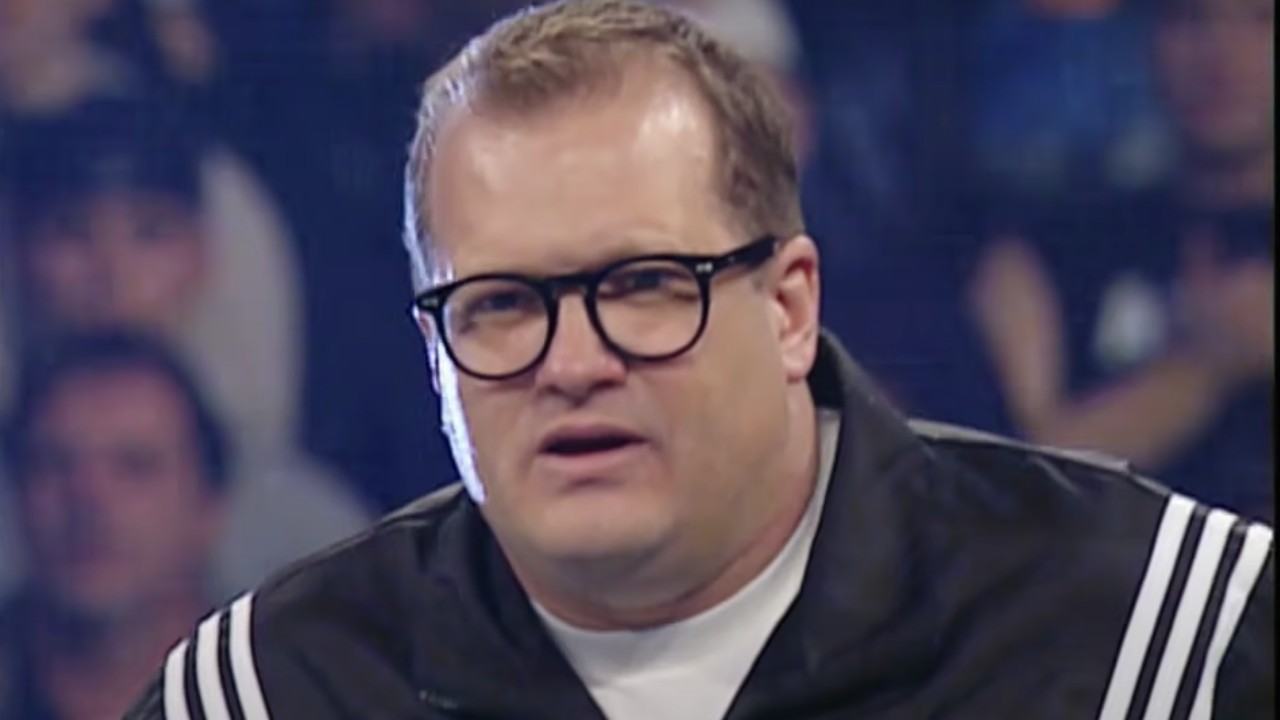Causeway Ending Explained: Why Lynsey Makes Her Choice
Congrats, you have a new roommate!
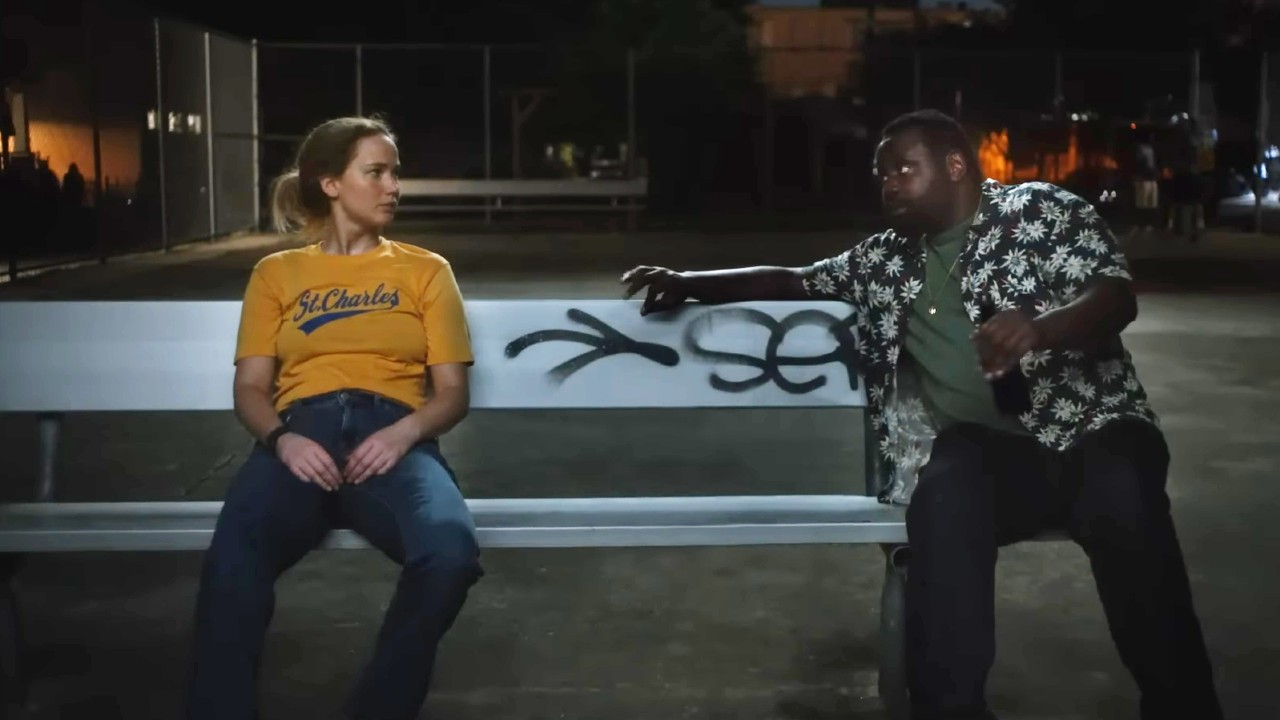
Jennifer Lawrence and Brian Tyree Henry explore trauma, friendship, healing, and otherness in Causeway. It’s one of the best Apple TV+ movies to watch, as it’s a quiet film that relies heavily on the outstanding performances of Lawrence and Henry. These characters go through a heartbreaking journey but the Causeway ending brings hope.
The film says a lot about loneliness, scars, and the power of finding someone who understands you. The ending allows Lynsey, played by Jennifer Lawrence, to trust herself and make an unexpected decision that starts the next chapter in Lynsey’s journey: the healing process.
Let’s dig into that Causeway ending and what it all means.
Warning: Spoilers ahead.
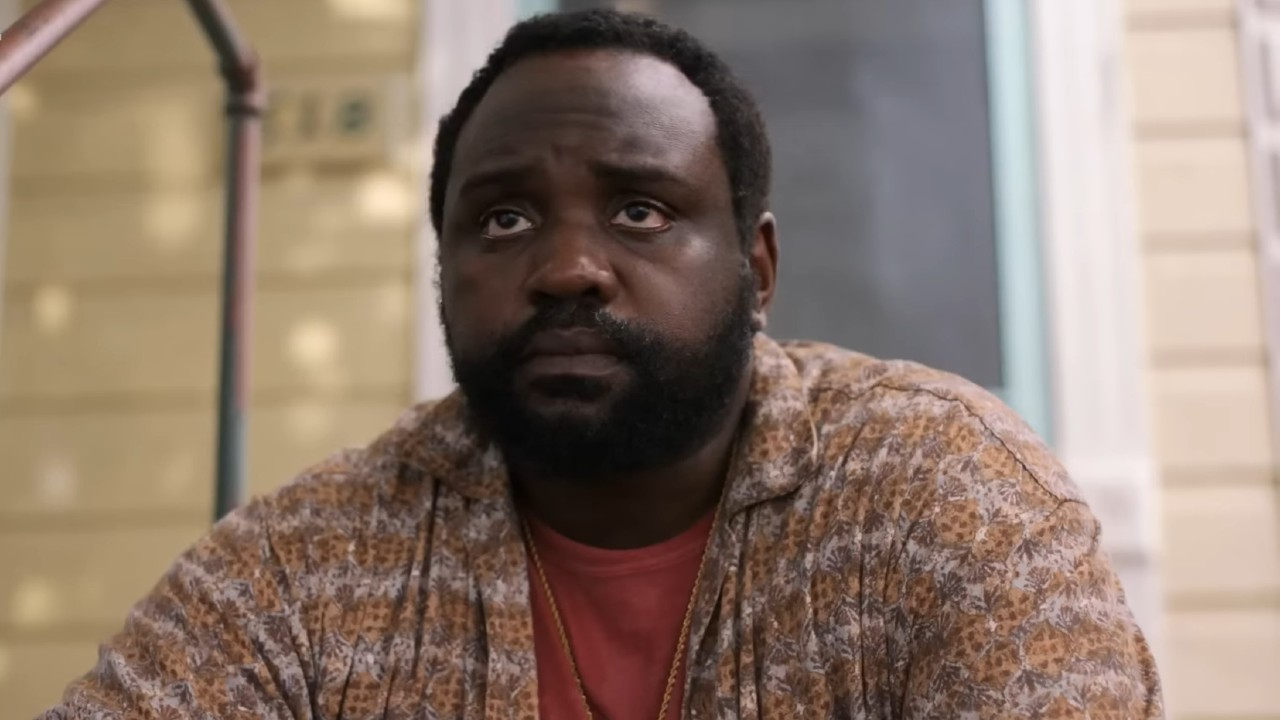
What Happened At The End Of Causeway?
James (Brian Tyree Henry) and Lynsey get into an argument after sharing a kiss. She admits she only kissed him out of pity. They discuss the meaning of their relationship, and things escalate into a huge blowup. Verbal daggers are thrown at each other. Lynsey brings up James’s involvement in his nephew’s death—being intoxicated while driving—and he mentions her abandoning her friends and family. He challenges her kindness towards her family after he learns that her brother is alive.
Time passes and the two no longer speak. Lynsey finally gets approval to redeploy. She also decides to see her brother in prison. The siblings have a conversation and they catch each other up on their lives. She tells him about her injuries and he talks about not trusting himself in the real world.
Lynsey grabs some beers and heads to James. She asks if the offer is still open to move in together. He questions her about whether she’s staying now. She says she thinks so and wants to make a friend.
Your Daily Blend of Entertainment News

The Significance Of The Final Pool Scene
Prior to Lynsey going to see James, she makes a trip to the local pool. Water and pools play a huge symbolic role in Causeway. The water offers Lynsey a sense of comfort. Even while in Afghanistan, it’s part of her job to work on them. Water represents her freedom.
Throughout, we see Lynsey’s relationship with water evolve; specifically we see it represent how she guards herself.
She begins swimming in the pools alone. Then, eventually, she invites James to swim with her. It’s in this scene we see her at her most comfortable—until the kiss muddies the water a bit. The final scene with her getting in a public pool with lots of people seems to represent her being more open to the world. She’s open to no one, then to James, and then allowing herself to maybe add others to her life.
She first sees freedom as being alone but realizes freedom could also mean allowing yourself to care about the world and those in it.
At the public pool, Lynsey watches the people in it with a warm look. She doesn’t see all these people as obstacles but as potential salvation. They represent the possibility of her world expanding.
In an interview on The Empire Film Podcast, Causeway director Lila Neugebauer goes more in-depth with what water represents:
The idea of immersion and entry into a body of water. The prospect of being cleansed and the weightlessness in water but also the possible danger that water presents. I think all of those elements felt like they had emotional and metaphoric potency in the film for both characters.
You can see how all these things could play a part in that final water scene. This pool, metaphorically, allows Lynsey to embrace healing and rebirth. She also releases herself and dives into the water. This represents opening herself up more to life and its challenges, including allowing others to enter her life.
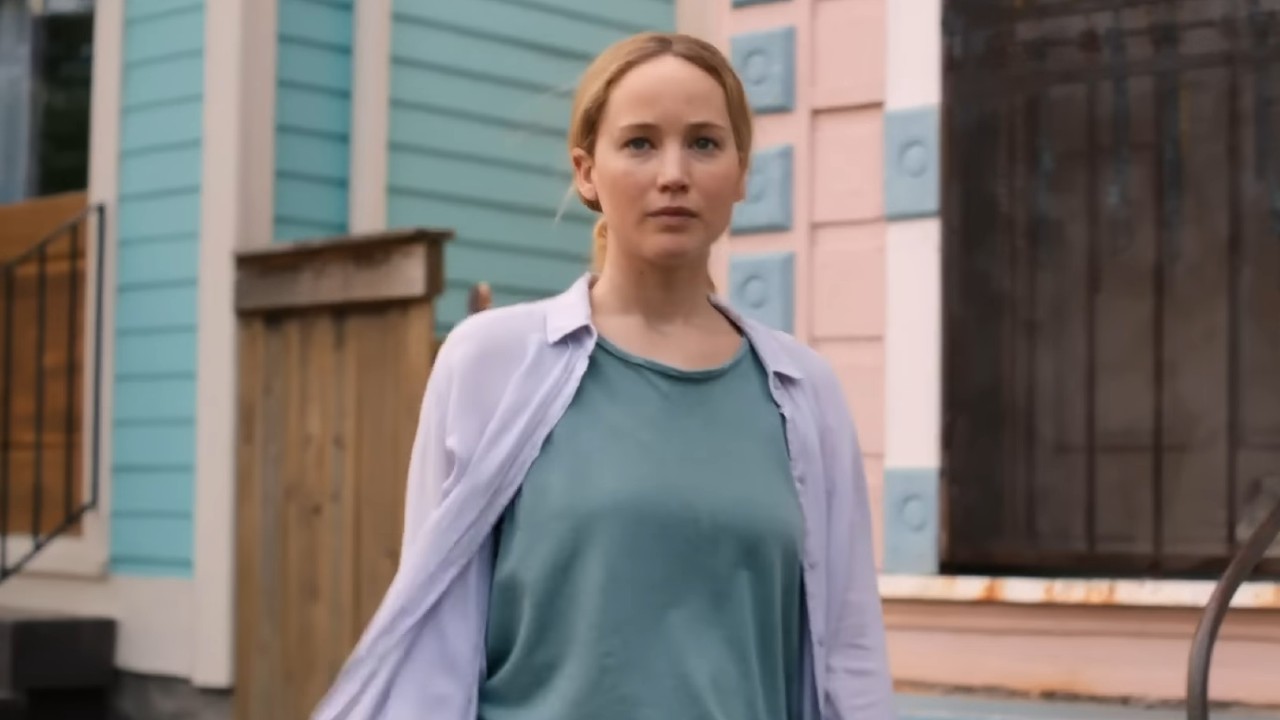
Why Lynsey Decides To Stay With James
Most of Causeway deals with Lynsey's quest to run as far away from her hometown as possible. However, despite her best efforts, she and James grow attached to each other. Despite their connection, she still plans to run. It’s not until she gets what she wants (the approval of redeployment) that she seems to rethink her decision.
We aren’t given any insight into Lynsey’s thought process, so we have to infer why she makes the decision to stay. When James first invites her to move in with him, she says that she doesn’t think staying is healthy, at least not for her. This could have been her true feelings at the moment or her trying to convince herself to not stay. It could also be both.
Maybe when she’s approved for redeployment, instead of feeling excited about it, she starts to dread the idea. This may start the process of changing her mind. I believe what really drives her in the direction of staying is James telling her that she abandons people.
The visit with her brother may make her reflect on her life and decisions. She may see that he’s not this villain she created in her head; he’s someone also deeply scarred. She also may stay because she starts to see her mother’s struggle—especially since her brother mentions it. She dismisses his assessment of their mother’s pain, but she may now realize the shared familial pain and that may spark a desire to stay.
James has been the most healing thing in her life. She may finally see the benefits of them leaning on each other to heal.
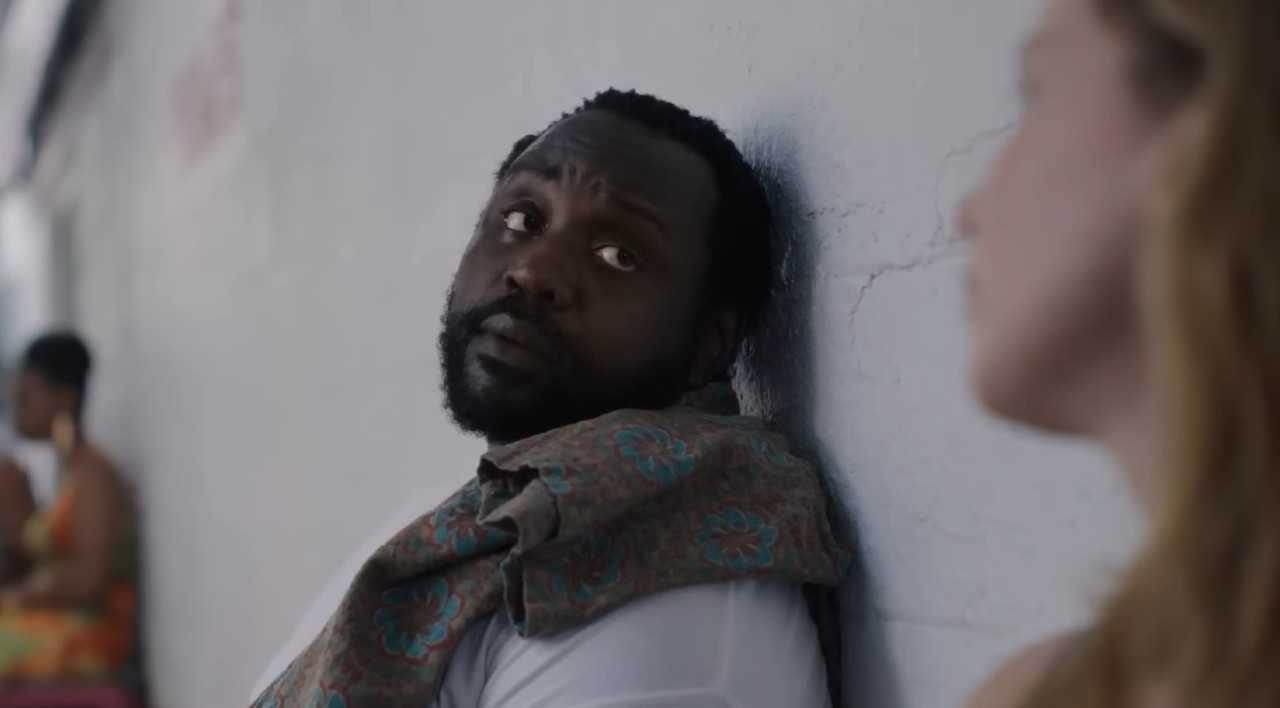
The Healing Process in Causeway
Jennifer Lawrence gives one of her best performances in Causeway by subtly communicating Lynsey’s pain. We also see this with James, as Brian Tyree Henry also gives one of his best performances in this film. Causeway is mainly about healing and the pain people carry.
We see both James and Lynsey take small steps toward healing. Their friendship is a major sign of working toward their trauma recovery. Both are private people and are also simple people in terms of how they live their lives. It’s with each other that they feel the most comfortable and safe.
James asking Lynsey to move in with him shows a major step towards his healing. He’s willing to allow another person into his life, into a sacred space once shared between him and his family. By asking her to move in, he admits that he needs someone and doesn’t want to be alone anymore.
Her acceptance of the roommate proposal represents her opening up to needing someone. It’s putting her past trauma aside and embracing her hometown as a new beginning and not just a tainted past. It’s also her saying that she doesn't want to be alone anymore.
In an interview with Metro Philadelphia, Lila Neugebauer sums up one of Causeway’s biggest messages in this way:
That recovery, [and] healing of any kind is often measured in small steps or steps that might look small, but in fact are hard fought and take a great deal of resilience.
This movie takes a more stripped-down approach to storytelling. We don’t see huge victories for James and Lynsey, but it’s the small decisions and moments that speak volumes. The ending shows how a small decision represents a giant leap toward healing.
If you loved Causeway, Jennifer Lawrence has many upcoming projects, and Brian Tyree Henry has plenty of future projects, as well.
Make sure to follow the Cinema Blend upcoming movies guide for future release dates.
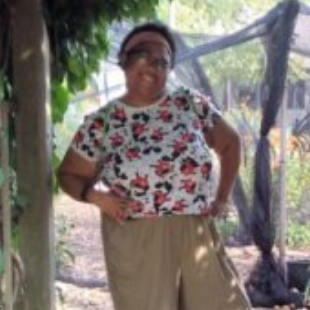
Spent most of my life in various parts of Illinois, including attending college in Evanston. I have been a life long lover of pop culture, especially television, turned that passion into writing about all things entertainment related. When I'm not writing about pop culture, I can be found channeling Gordon Ramsay by kicking people out the kitchen.
